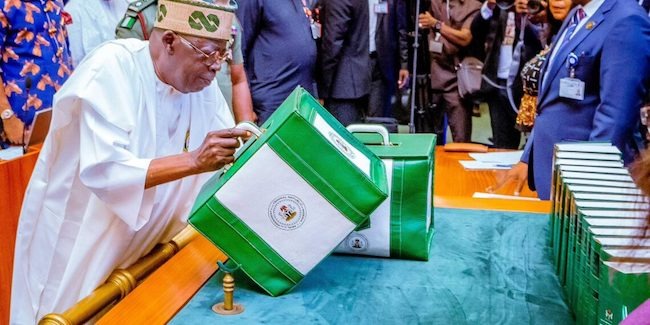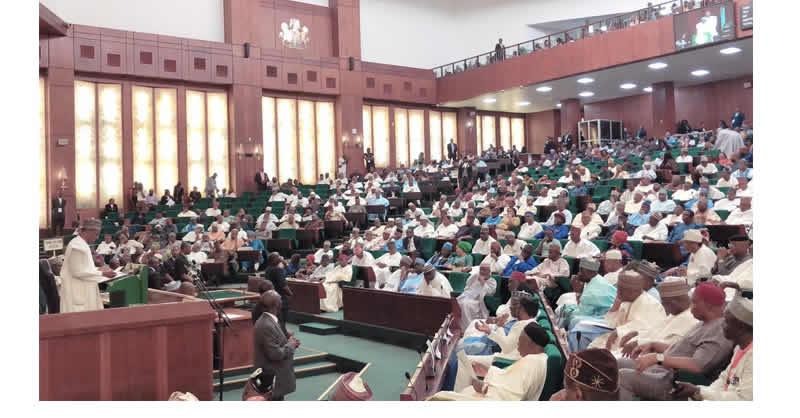The Minister of Labour and Employment, Muhammad Maigari Dingyadi, has called for an urgent increase in budgetary allocation, stating that the current N46 billion allocation falls short of achieving the ministry’s ambitious employment generation targets for 2025. In a decisive move to address Nigeria’s mounting unemployment challenges, Dingyadi presented his case before both the House …

